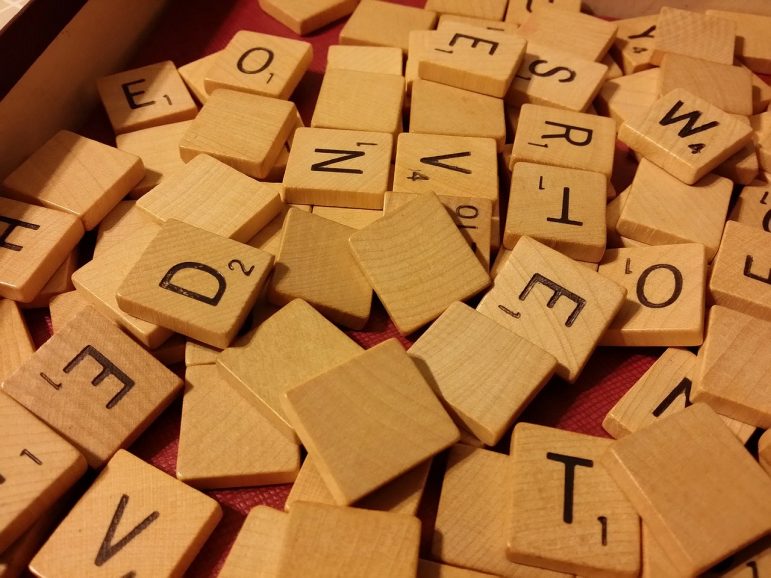In most places, Monday night is famous for football.
But at the Gardendale Public Library, Monday night features equally fierce
competition and judging.
For Alabama word wizards, on the 2nd and 4th Monday of each month,
spelling becomes sport.
And it’s just as intense.
A timer is utilized to keep the game moving. While that timer ticks off the
seconds, every player develops a strategy leading to scoring opportunities.
Jim Pate actually taught Scrabble and word game classes at UAB. Jim says the
root of his love for the game started early.
“I enjoy words, and I won a spelling bee when I was in Junior High
School and so I guess I was equipped for it from that, perhaps?”
So Pate continued to dabble in Scrabble throughout high school and college.
He was fascinated by all the words he could learn just by playing around
with the tiles, though he still thought nothing more of it than a mere
hobby.
“Abut that was before I found out about clubs and tournaments. After
I got out of college in the 70s, I found out about the National Scrabble
Association, and made my first trip to a club session in Mobile, Alabama to
just see what it was all about. I’ve been enjoying it ever since.”
Other Scrabble enthusiasts travel to Gardendale from all over the state
some from as far away as Huntsville and Auburn.
And while players don’t share hometowns, many do share philosophies and
strategies for winning, among other things.
“Passion for the game! From the lowest-ranked person to the
highest rank, we all have passion for the game.”
John D. Williams is executive director of the National Scrabble Association
and co-author of “Everything Scrabble.” He says there really is no typical
scrabble player.
“If you go to a National Scrabble Tournament, you’ll see
600-plus people – every size, shape, color, profession, educational
background whatever, they’re all doing it. The top people tend to be – uh,
skews a little male, skews a little more on the math and computer side – not
the language side.”
Believe it or not, says Williams, the words, while important, can only
produce points if the player can strategize on where to put them.
Stefan Fatsis agrees. A sportswriter for the Wall Street Journal and regular
contributor to NPR, Fatsis has also written a book titled “Word Freak,”
about Scrabble club members.
“Over the years, Scrabble experts have figured out the
mathematical variations that yield the best words, so you learn which words
are most efficient to study which letters are most likely to emerge on your
rack when you reach into the bag.”
If players draw the letter Q without the letter U, no harm done. There are
acceptable words like Q-A-T, pronounced cat, and T-R-A-N-Q, or trank. There
are even words with no vowels and no consonants.
As a self-described addict, Fatsis admits the education is important too,
despite the fact that most people don’t use QAT – a type of shrub or
TRANQ — short for tranquilizer, in a sentence.
“You end up learning thousands and thousands of words that are
good for one thing – scoring points on a board during a game – and that’s
OK.”
Are those the letters O and K, or O-K-A-Y? Only one of them in acceptable in
Scrabble. To win, you have to know which one. And you’ve got to find the
best place for that word on the board.

